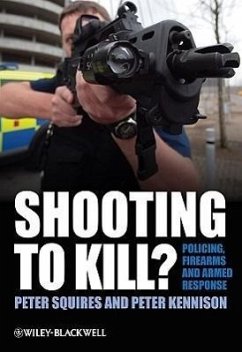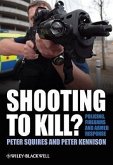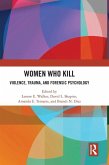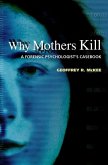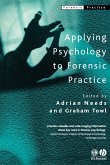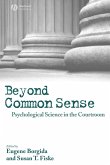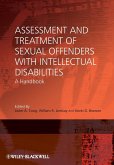In a few terrifying moments at the Stockwell Tube station in 2005, eight shots fired by armed police officers ended the life of an innocent Brazilian, Jean Charles de Menezes. This incident resulted in the termination of a cautiously developed compromise regarding the arming and deployment of police officers, and the â??rules of engagementâ?? within which they operated. The Independent Police Complaints Commission subsequently called for a thorough and wide-ranging public debate about the police use of firearms in the UK. Shooting to Kill? Policing, Firearms and Armed Response represents a valuable contribution to this ongoing debate. The authors combine their expertise to identify the key drivers of police armed response policy. They identify the historical phases in the police use of firearms, showing how policing in a 'gun culture' and the post-9/11 era have come to shape contemporary police paramilitarism, and exploring the contradictions and ambiguities this presents for armed response policy and practice. Finally, by addressing six controversial police armed response case studies â?? including an in-depth analysis of the Stockwell shooting â?? the authors draw out the broader tensions, uncertainties, and dilemmas that arise in this most difficult and controversial area of policing. Both provocative and timely, Shooting to Kill? Policing, Firearms and Armed Responseprovides readers with a wealth of information for reflection and consideration about how choices made now will affect a twenty-first century world.
Hinweis: Dieser Artikel kann nur an eine deutsche Lieferadresse ausgeliefert werden.
Hinweis: Dieser Artikel kann nur an eine deutsche Lieferadresse ausgeliefert werden.
"In summary, Squires and Kennison's book gives detailed and usefulaccounts of some of the major police shooting incidents of the last20 years and some of the controversy and problems that surroundedthem, particularly with regard to failures in police operationsmanagement...book will no doubt be of interest to a wide audienceof students and policy makers concerned to understand more aboutsuch a widely misunderstood subject." (British Journal ofCriminology, January 2011)
'This timely book provides an insightful and accessibleoverview of a widely misunderstood subject: police use of firearms.It deserves to become essential reading for students, academics,policy makers, politicians and police officers as well as for awider public concerned about police use of deadlyforce.'
-- Maurice Punch, Visiting Professor, Mannheim Centre LSE andSchool of Law, King's College London
'A tour de force analysis and discussion of the practical,political, legal and ethical issues raised by police shootings.Grounded in extensive knowledge of the historical and comparativeresearch on this acutely controversial problem, this book offersconcerned readers - whether academics, policy-makers orpolicing practitioners - a thoughtful and thorough review ofthe problems by two leading experts.'
--Professor Robert Reiner, The London School of Economics andPolitical Science, UK
'This timely book provides an insightful and accessibleoverview of a widely misunderstood subject: police use of firearms.It deserves to become essential reading for students, academics,policy makers, politicians and police officers as well as for awider public concerned about police use of deadlyforce.'
-- Maurice Punch, Visiting Professor, Mannheim Centre LSE andSchool of Law, King's College London
'A tour de force analysis and discussion of the practical,political, legal and ethical issues raised by police shootings.Grounded in extensive knowledge of the historical and comparativeresearch on this acutely controversial problem, this book offersconcerned readers - whether academics, policy-makers orpolicing practitioners - a thoughtful and thorough review ofthe problems by two leading experts.'
--Professor Robert Reiner, The London School of Economics andPolitical Science, UK

